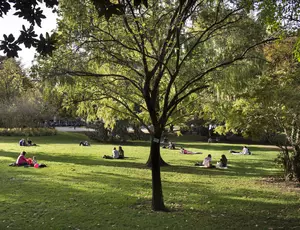SOLUTIONS for decarbonization
With the GreenPath Zero Carbon offer, Veolia is able to provide solutions to municipal, industrial and tertiary markets to reduce their direct and indirect greenhouse gas emissions, from upstream to downstream in their value chain.
Based on operational audits and using tools to calculate the environmental footprint, Veolia can co-construct and implement its customers' roadmap and design the most relevant solutions to reduce the carbon footprint of their activities, optimising their energy efficiency, providing low-carbon commodities and optimising the recycling of waste, creating local loops of green energy, or reusing their wastewater.
ADVANTAGES FOR OUR CUSTOMERS
Performance improvement
- Competitiveness of the site or territory thanks to lower energy and consumables costs
- Decoupling from market volatility: predictability and stability of budgets
- Optimisation of the cost of achieving decarbonisation objectives
Compliance with regulatory obligations
- GHG emissions, renewable energy requirements, energy efficiency certificates
- Anticipation of 2050 carbon neutrality objectives
Reputation improvement
- Support for environmental certification/labelling
- Ecological exemplarity
Innovation
- Participation in pilot projects involving industry, public institutions and academics
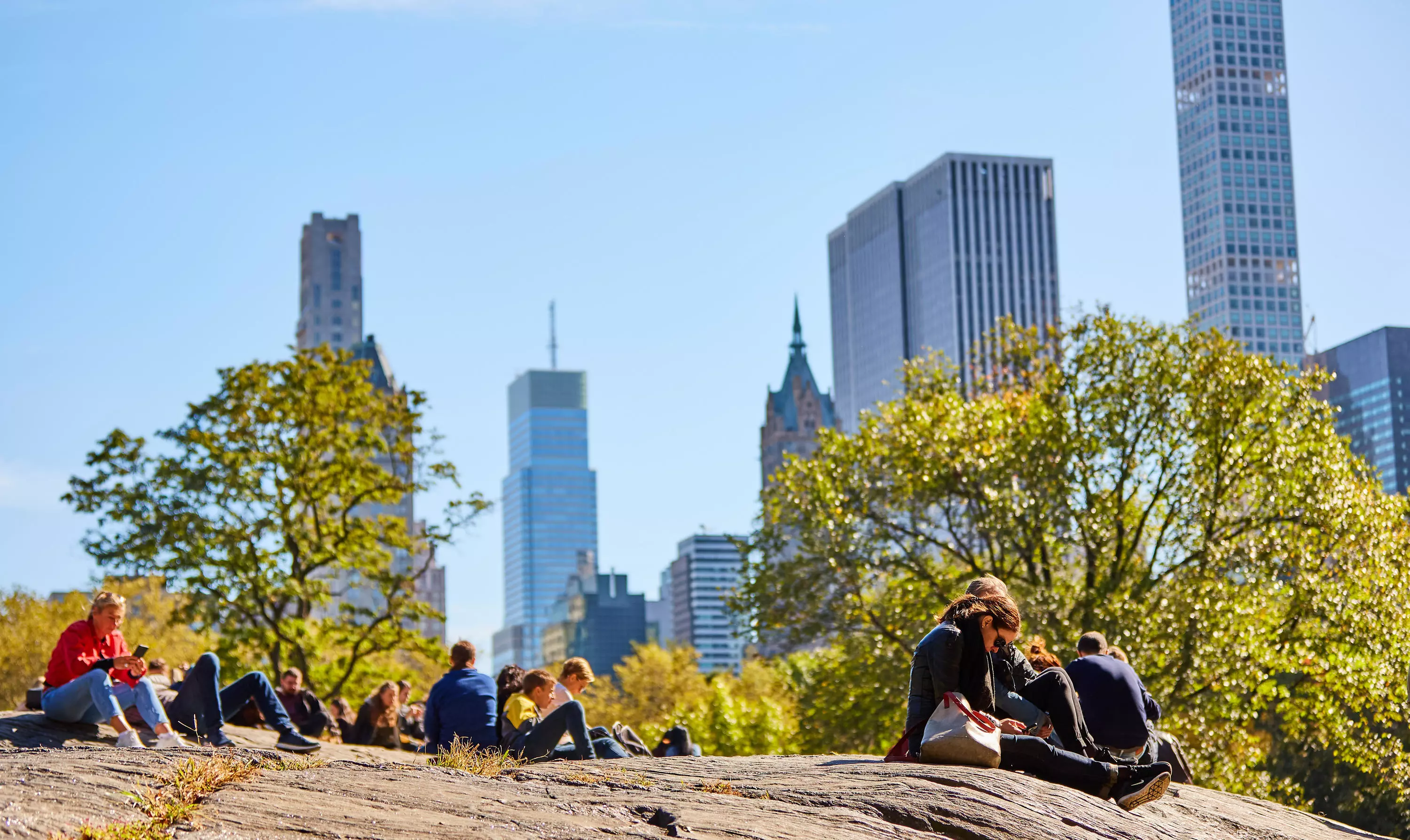
THEY CHOSE THIS SOLUTION
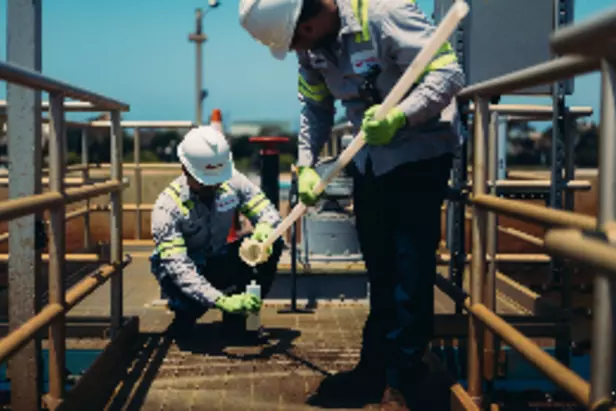
In Brasil, fighting climate change in a proactive manner, Veolia is committed to maximising the energy recovery from biogas generated during the decomposition of organic waste, with three new units for the electrical generation installed on its landfill sites in the states of Sao Paulo and Santa Catarina.
With a capacity of 12.4 MW of renewable electricity generation, these units meet the electricity needs of a Brasilian city of approximately 42,000 inhabitants.
Biogas from household or industrial waste is a local, low-carbon energy source. The energy recovery reduces landfill GHG emissions by capturing methane generated by waste decomposition. The renewable electricity produced on site contributes to the country’s efforts to decarbonise its energy mix.
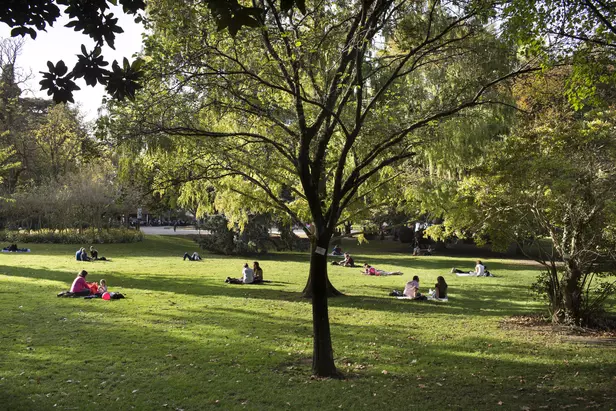
Located in Cheongju (South Korea), KleanNara manufactures paper and packaging for industrial and domestic use. To supply its plant with steam, KleanNara has chosen Veolia to take over and operate two boilers powered by solid recovered fuel (SRF*), and to manage the preparation of said fuel, which comes from the plant's production process. The carbon emissions of these SRFs are 35% lower than those of natural gas. This ultra-local circular economy loop significantly reduces the plant's environmental footprint.
*SRF: non-hazardous waste from economic activities or residual household waste, prepared to become a fuel
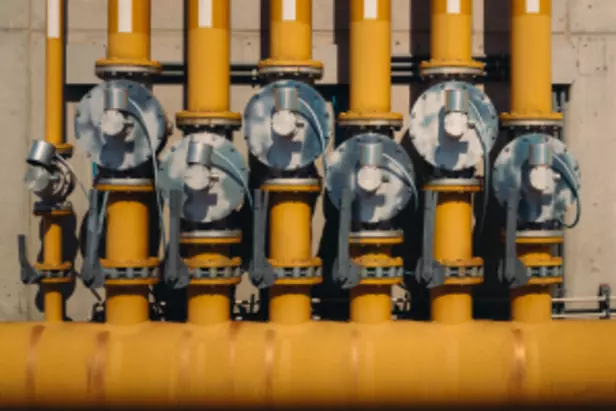
Since January 2023, Veolia has been operating the 5th generation heat and cold exchange network of the Paris-Saclay urban campus. Unique in Europe, the facility enables the recourse to an ambitious energy mix combining, in particular, deep geothermal energy, waste heat from the CNRS’ supercomputer, and even heat recovery from the cooling network. With this pioneering carbon-free local energy production project (> 50% renewable energy), Veolia aims to double the power of the network by 2028, i.e. more than 100 GWh/year of heat and 20 GWh/year cold sold, which corresponds to the average consumption of 10,000 households each year.

In a region where drought has been raging since the 1970s and where almost 60% of the water consumed is imported, the Veolia water recycling facility at Edward C. Little, operated and maintained by Veolia, provides up to 180,000 m3 per day of reusable treated wastewater, REUSE, of 5 different qualities according to the specific needs of 300 municipal or industrial customers.
The facility produces up to 60,000 m3 of water daily to replenish groundwater resources. This purified water is continuously injected into 153 coastal wells in South Bay, strategically placed to protect them from any seawater intrusion. Since 1995, this facility has reduced the supply of imported water by more than one billion cubic meters.



